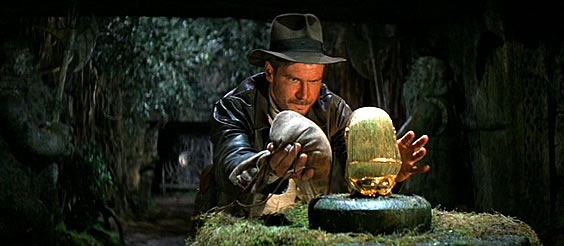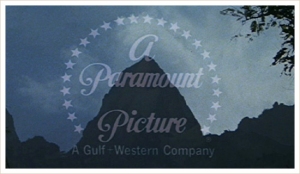The Amazing Spider-Man – Review
July 7, 2012 6 Comments
The Amazing Spider-Man (2012) 
Directed by Marc Webb. Starring Andrew Garfield, Emma Stone, Rhys Ifans, Denis Leary, Martin Sheen, Sally Field, Irrfan Khan.
The Amazing Spider-Man ⭐️⭐️⭐️⭐️
With the latest “Spider-Man: no way home” on its way, what better excuse to revisit some of the old ones
When the news of a reboot for the Raimi-Maguire Spiderman was first announced (and not just a reboot, but another ‘origin’ story, only 10 years after the first one), the obvious question on anybody’s lips (and mine too) was “Why on earth?”.
What followed was a sort of anti-campaign from fans and critics alike: it was as if we had all already decided we were going to hate this film, at all costs.
Well, I could not have been more wrong: The Amazing Spider-man is a lot fun, feels fresh, and deserves a lot of more credit that it’s had over the last few years, but more importantly Andrew Garfield was just a wonderful Spiderman (something I never thought I’d say at the time, as I loved Maguire in his previous films): he even has a couple of Oscar moments here and there (not that The Academy would ever reward a superhero movie…). This is probably the film that made me like Garfield for the first time.
The comparison with the previous incarnation of “your friendly neighbour”, especially since we are meant to buy into another ‘origin story’ so soon after the first one, is not just unavoidable but also quite fair.
The ghost of Raimi is constantly behind the corner, but cleverly director Mark Webb (who has obviously studied his source deeply and intensely) managed to avoid most of the obvious comparisons by giving the story a completely new spin (pardon the pun), steering away from anything which could give us any sense of Déjà vu, making the story and the characters different enough at each opportunity, giving us a new baddie and most importantly a new girlfriend too.
In fact, what really makes this film work for me, despite all the action, the spinning, the spectacle (and the film has a lot of that!), is the relationship between Andrew Garfield and Emma Stone: their chemistry is undeniable (Yes, I know those 2 were actually together at the time) and it’s the real heart of the film. I love watching them.
Three editors are officially credited and that’s usually a sign of a film that’s gone through several permutations, and some of those tweaks and reshuffles were apparent to a slightly trained (and nerdy) eye like mine. For example despite the 136 minutes, some of the transitions were a bit too quick: the explanation of how Parker was able to make his web seems to be those sequence that suffered more than any others.
Also, James Horner‘s score felt a bit too saccharin/syrupy and much too stirring in what should have been quieter and intimate moments, but more crucially, it seemed to lack that Hero-theme which these types of films require. The kind of theme you can still hum by the time you leave the theatre, just like when you watched the original Superman or Indiana Jones (God, is John Williams really the only composer who’s able to do that?).
But I know, I am really picking needles here! This might not be the most original story you’ve ever seen (well actually it’s definitely not but at least they spared us from seeing the ‘origins’ all over again in Tom Holland’s films!), but it’s still a thrilling romp and thoroughly enjoyable one too.
4 Stars (out of 5)








